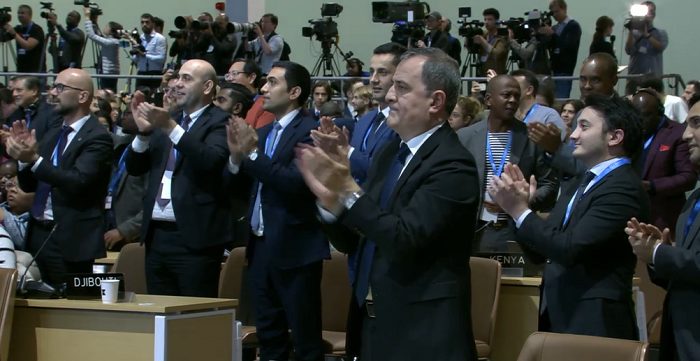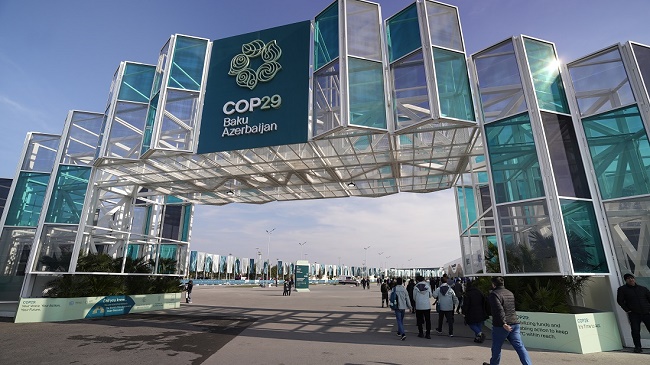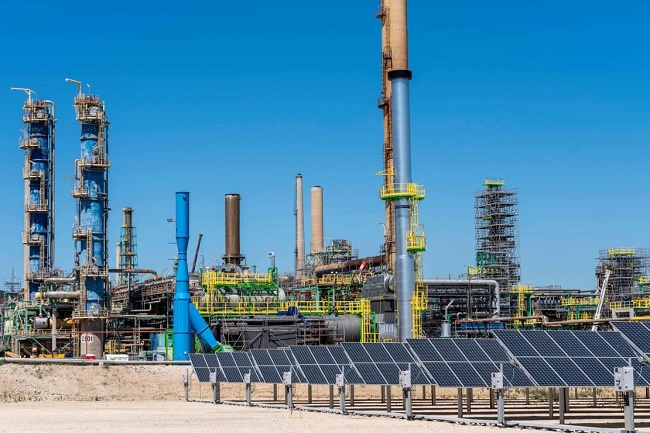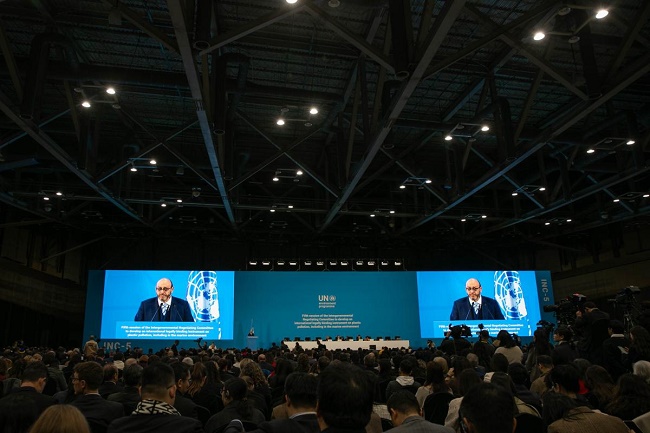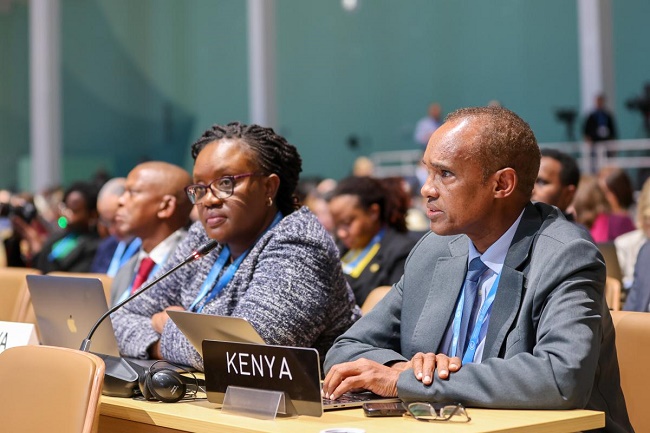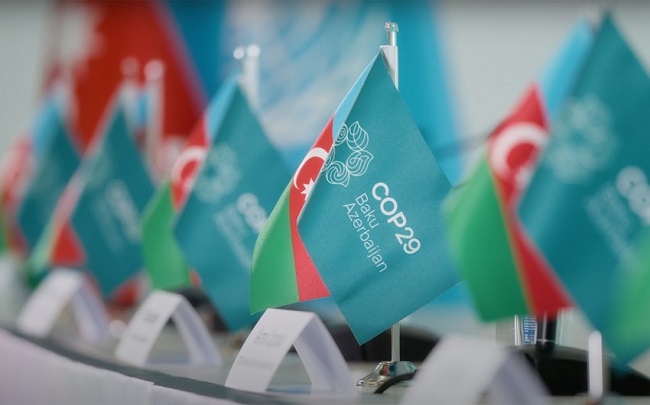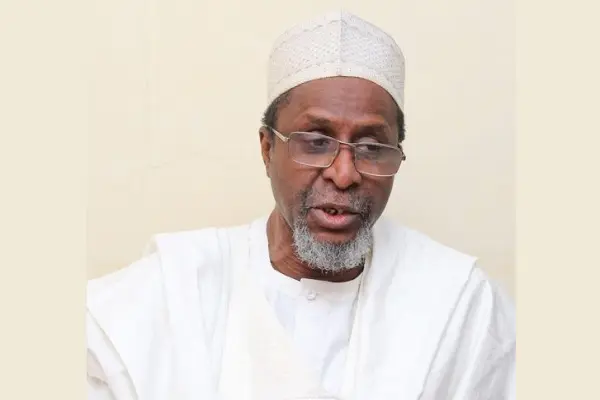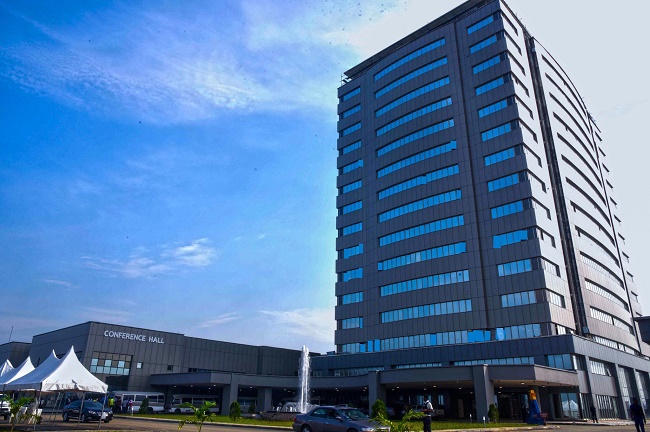The Nigerian government has launched Abating Greenhouse Gas Emission from Obsolete Refrigeration and Air Conditioning (AGORA) Equipment project to create a future where energy-efficient and climate-friendly cooling and refrigeration technologies become a standard.

During a stakeholders’ workshop organised by the Federal Ministry of Environment through the National Ozone Office, in collaboration with the Energy Commission of Nigeria (ECN), United Nations Environment Programme (UNEP) and the United for Efficiency (UNEP-U4E), United Nations Development Programme (UNDP), titled “Abating Greenhouse Gas Emissions from Obsolete RAC Equipment in Ghana and Nigeria (AGORA)”, participants stressed that the project would tackle climate change issues.
The National Ozone Officer, Mr. Idris Abdullahi, from the Federal Ministry of Environment, revealed that the AGORA Project is an avenue to advance and promote energy efficient and low GWP technologies by strengthening policies of the transition leading to reduction of GHG emissions.
He added that the project would reduce greenhouse gas emissions from the refrigeration and air conditioning sector, as well as tackle climate change related issues.
According to Abdullahi, the objectives of the AGORA project is to obsolete Rac equipment. The project is at its initiative stage and will last up to three years.
“The AGORA project that we are launching today presents another opportunity for us to further advance our efforts towards the promotion of Energy Efficient and Low GWP technologies in the RAC sector by Establishing and strengthening policies, regulations and partnerships to ensure the success of the transition to Energy Efficient and Low GWP RAC equipment thereby leading to the reduction of GHG emissions at the equipment’s end of life and transforming the RAC market through ambitious replacement programmes for old and in-efficient equipment using high GWP refrigerants, initiating market transformation in the air-conditioning sector in Africa, and also supporting South-South cooperation between Nigeria and Ghana, since the project will be implemented in both countries,” he said.
Abdullahi recalled that Nigeria is a party to the Montreal Protocol on Substances that deplete the Ozone Layer and has ratified all its Amendments, the recent being the Kigali Amendment on phase down of Hydrofluorocarbons, which are greenhouse gases used mainly as cooling agents in the Refrigeration & AC sector. Over the past three decades, Nigeria has been implementing the Protocol’s Ozone Depleting Substances Phase out Programme in the relevant sectors, such as the Refrigeration, Air Conditioning, Foam, among others.
Similarly, Dr. Shehu Mustapha of the Energy Commission of Nigeria highlighted that AGORA Project focuses on accelerating the transition to energy efficient and climate friendly refrigerator and air conditioner RAC in Nigeria and Ghana.
Speaking further, he stressed that the commission is aimed at enhancing energy efficiency and promoting climate-friendly cooling solutions, thereby contributing significantly to Nigeria’s climate goals and sustainable energy access.
“The project will help to sharpen the future of air conditioning and refrigerating standards in Nigeria, driving advancements in energy efficiency, reducing greenhouse gas emissions, and sustainable economic growth,” he said.
The project manager from UNEP-U4E, Mr. Mzwandile Thwala, in his remarks emphasised that AGORA Project is advancing efforts to integrate energy-efficient and sustainable cooling solutions into Nigeria’s climate goals.
He added that project is a tool in addressing climate challenges as well as driving economic growth and enhancing the well-being of communities, also to promote the use of low-GWP refrigerants and energy-efficient ACs in residential and commercial sectors to reduce energy demand and emissions.
Furthermore, Thwala outlined that UNEP-U4E’s Integrated Policy Approach advocates for an integrated policy approach that facilitates the transition to sustainable cooling solutions. This approach encompasses five key components:
- Standards and Regulations which set clear energy efficiency requirements and ensure that products entering the market are fit for purpose.
- Supporting Policies which ensure that requirements are consistently conveyed to consumers, such as helping buyers understand their energy performance and other attributes, empowering them to make informed decisions.
- Finance and Financial Delivery Mechanisms which help offset the higher purchase price of energy-efficient products, making them more accessible to consumers and businesses alike. AGORA is one of such mechanisms.
- Monitoring, Verification, and Enforcement which involves overseeing the products sold in the market, verifying compliance with standards, and enforcing these requirements to ensure that consumers and businesses benefit from the market transformation.
- Environmental Sound Management and Health, such as end-of-life management of RAC equipment and refrigerants, a component which the AGORA project is trying to address.
“The AGORA Project embodies this collective commitment. It provides a platform to accelerate the replacement of obsolete RAC equipment with energy-efficient and climate-friendly alternatives. The project also facilitates innovative financing mechanisms and strengthens the end-of-life management of equipment and refrigerants, setting a new benchmark for circular economy practices in the RAC sector,” he said.
Thwala reaffirmed UNEP-U4E commitment to supporting Nigeria’s efforts to reduce greenhouse gas emissions and accelerate the adoption of energy-efficient and climate-friendly technologies, particularly in the refrigeration and air conditioning (RAC) sector.
Additionally, the regional policy and technical specialist regional service centre for Africa of UNDP, Mr. Joel Darkwah, disclosed that AGORA Project would support sustainable cooling solutions as well as ensuring a more circular economy in Nigeria.
He revealed that Nigeria has been one of the leading actors on the Montreal Protocol globally and in Africa and has been recognised as such for decades. It has been one of the most proactive Parties and also a leading member of the Africa group within the institutions.
“This leadership is essential as Nigeria has significant needs in terms of sustainable cooling in view of its diverse economy and population. This can only grow over time, as the needs in residential cooling, but also for cold chain, for example, keep growing. The challenge therefore is how to make this growth sustainable, by selecting the most efficient and environmentally friendly cooling solutions,” Darkwah stressed.
He assured that the equipment replaced is handled properly through proper sound disposal.
Darkwah charged the media to increase public awareness on this process for the uptake of sustainable cooling options at the household level.

